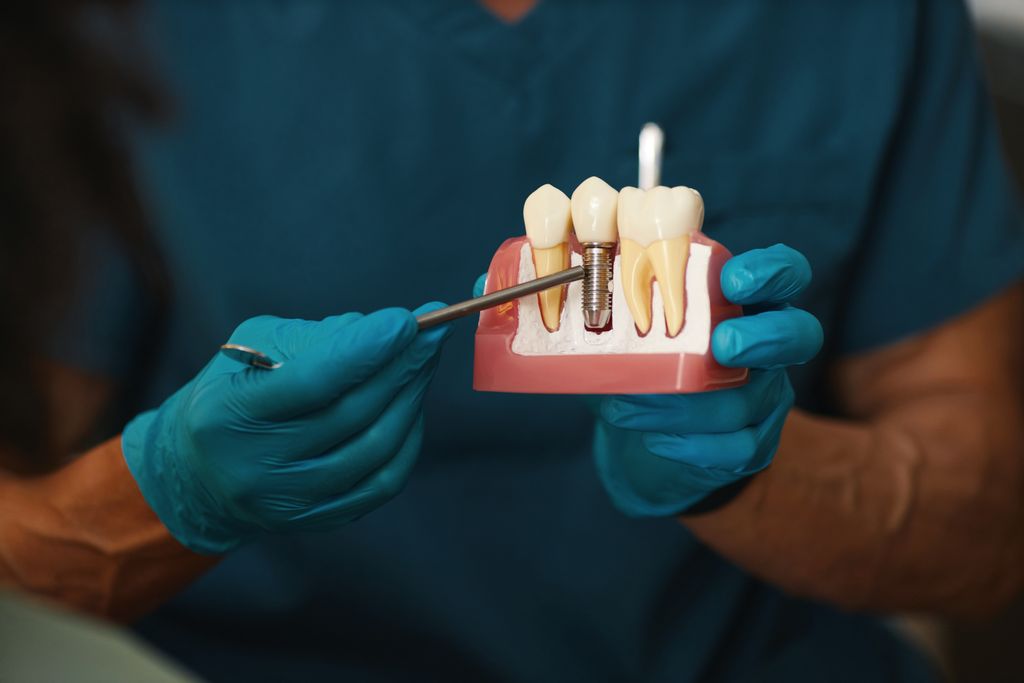
When exploring the three types of dental implants, it is crucial to understand the unique benefits and applications.
Mini dental implants are a smaller, less invasive alternative to traditional dental implants. Typically about half the diameter of standard implants, they are made of the same biocompatible materials and serve a similar purpose—replacing missing teeth or stabilizing dentures. Because of their smaller size, mini implants can often be placed without needing bone grafting, making them a suitable option for patients with limited bone density or those seeking a quicker, more affordable solution. While they may not offer the same long-term durability or support as full-sized implants in every case, mini dental implants can be an effective option for specific restorative needs, particularly for stabilizing lower dentures or replacing small teeth like incisors.
Deciding between standard and mini implants depends on your specific dental needs, bone structure, and long-term goals. Traditional dental implants are larger and offer greater stability, making them ideal for replacing molars or supporting bridges and full-arch restorations. They typically require sufficient jawbone density and may involve a longer healing process. Mini implants, on the other hand, are smaller in diameter and are often used in situations where bone volume is limited or when a less invasive procedure is preferred. They can be a good choice for stabilizing lower dentures or replacing smaller teeth. Your dentist will evaluate your oral health and recommend the most suitable option based on functionality, aesthetics, and jawbone condition.
Not everyone is a candidate for every type of implant, but an experienced dentist can help determine the fit. Ideal candidates have good oral and overall health, adequate jawbone density, and healthy gums. Those with significant bone loss may benefit from subperiosteal or zygomatic implants. Factors such as smoking, chronic illnesses, and poor oral hygiene can affect implant success. Regular dental checkups and proper at-home care are vital.
At One Family Dental, Dr. Sanku provides expert evaluation and care, helping you determine the best treatment, whether it involves minor surgery for a single tooth or full-arch restoration. During the healing phase, you may receive temporary teeth to smile confidently while your implants integrate. Unlike traditional dentures, which may shift or feel unstable, implants offer a fixed, long-lasting solution that restores your ability to eat, speak, and smile naturally. With Dr. Sanku’s guidance, you can enjoy improved oral function and a renewed sense of confidence.